


The device was developed by researchers at the University of São Paulo’s Heart Institute (INCOR) and a Brazilian company with FAPESP’s support. It is biocompatible and offers other advantages over the imported product used hitherto.
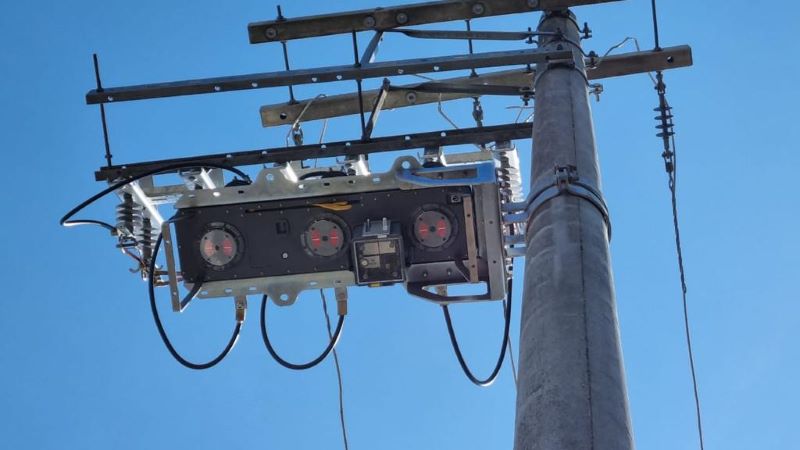
The producer is a company supported by FAPESP. It is developing an advanced three-phase recloser that isolates a section of the grid cut off by a tree fall and lets power be restored remotely.
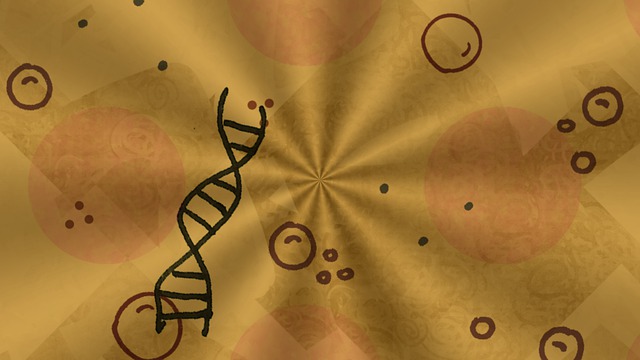
The event will take place in São Carlos (São Paulo state, Brazil) with FAPESP’s support. Twenty participants from Brazil and 20 from other countries will be selected.
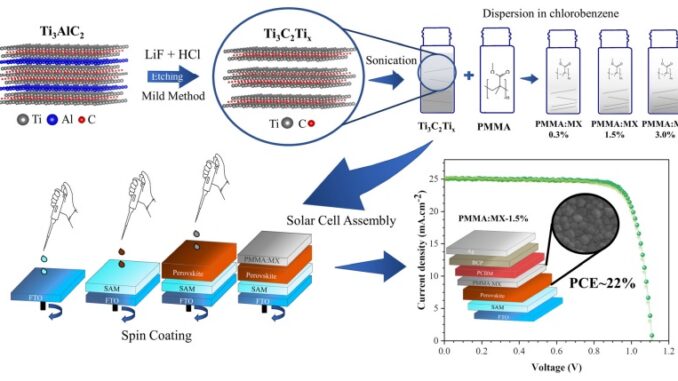
The results of a study conducted by researchers at São Paulo State University (UNESP) could be highly positive for the future of the solar power sector.
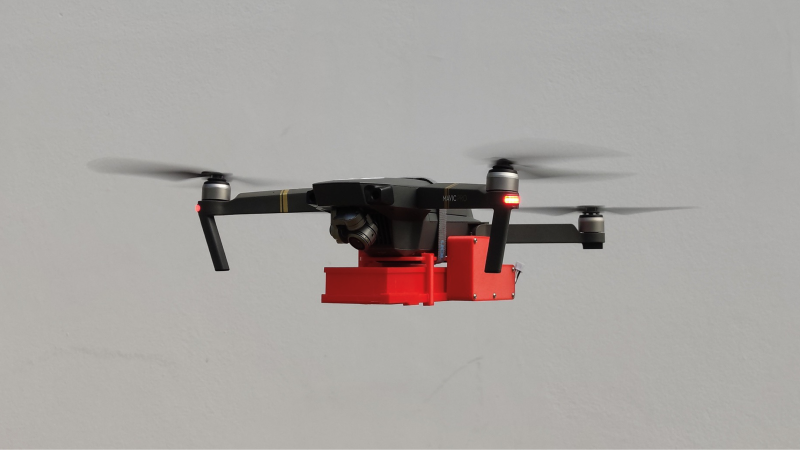
The solution developed by the firm, with FAPESP’s support, permits controlled release of sterile males of Aedes aegypti in urban areas with the aim of reducing the population of these mosquitoes.
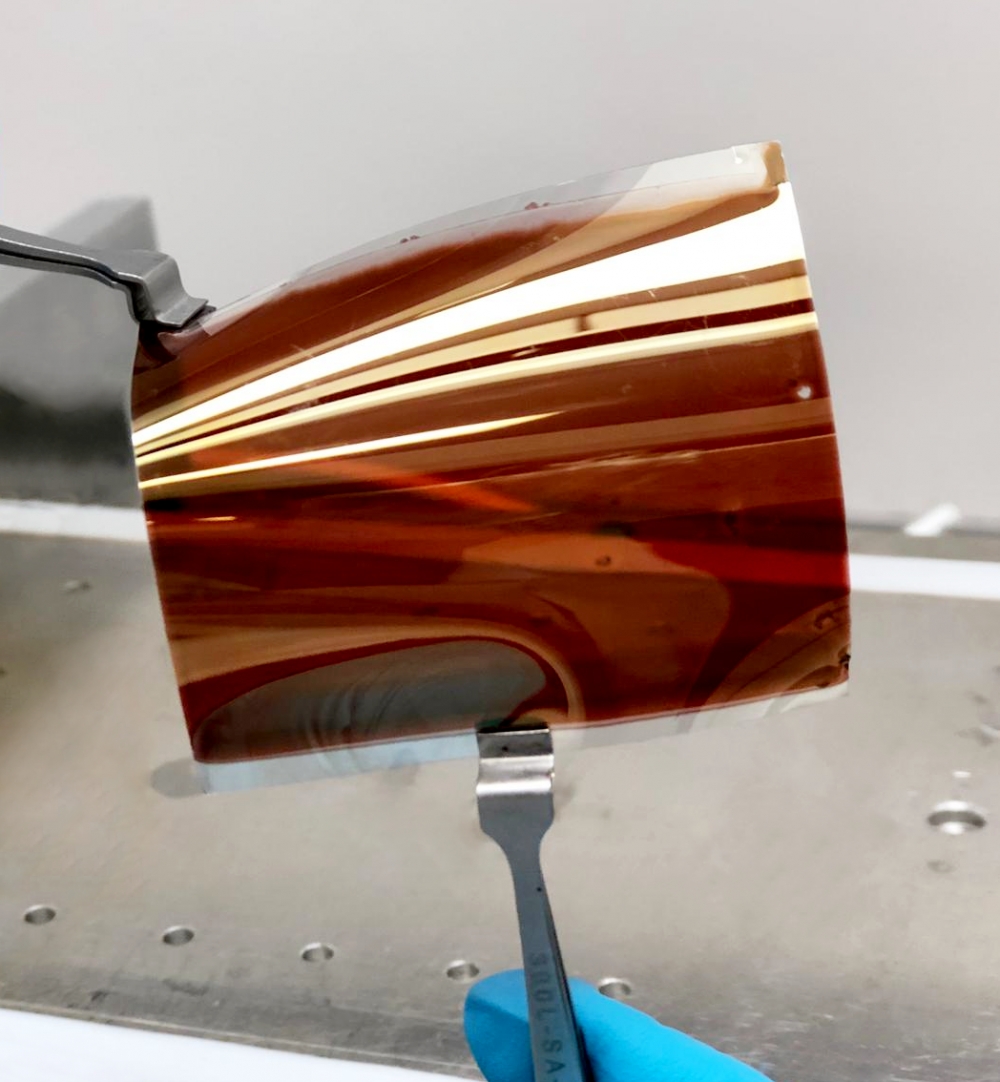
The startup has been supported by FAPESP since its foundation in 2020. The device can be used to make film for perovskite solar cells, biomaterials for wound dressings and tissue regeneration, and novel drug and cosmetic delivery systems.

The platform, developed by a company based in São Carlos (São Paulo state, Brazil) and supported by FAPESP, is able to predict and permit correction of failures in order to avoid unplanned factory production line downtime.
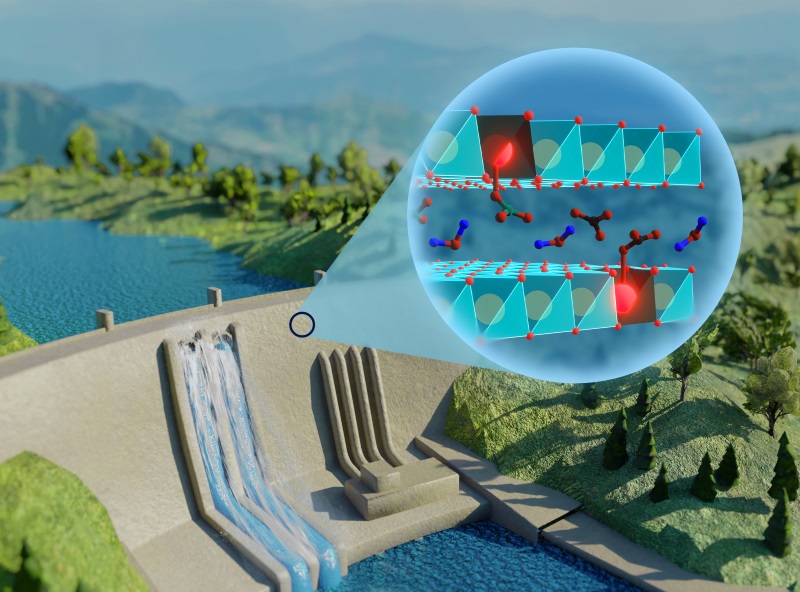
The material is a compound similar to clay and enables inspectors to carry out in-situ assessment of structural conditions in buildings, bridges, dams and other structures without having to drill for samples and analyze them in a laboratory.
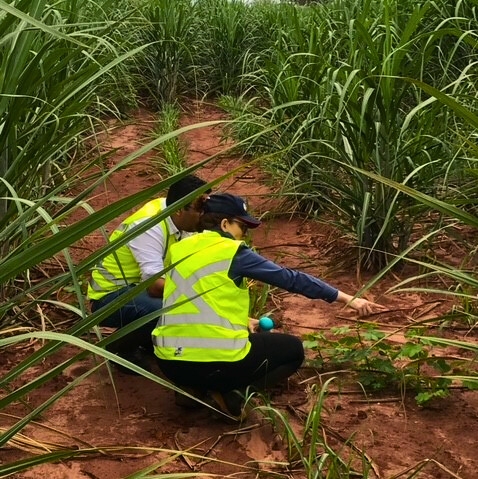
The solution, which was developed via a project supported by FAPESP, aims to help farmers assess risks and forecast future prices.
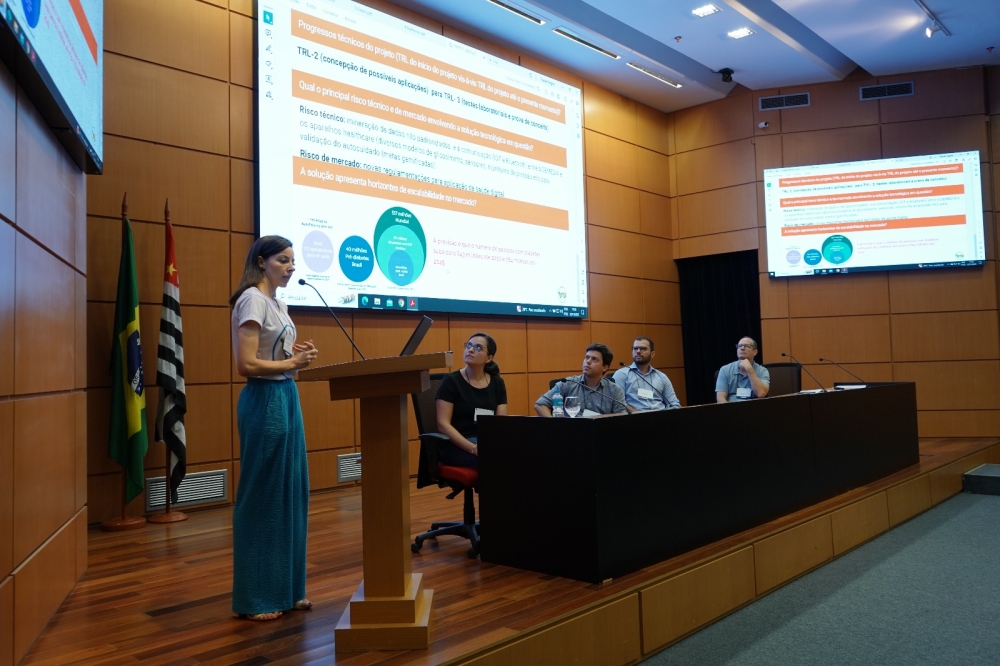
Representatives of 44 startups based in São Paulo received technical support for a year to develop products and business plans via in-person training, mentoring and workshops run by experts from FAPESP and associations that foster entrepreneurship.
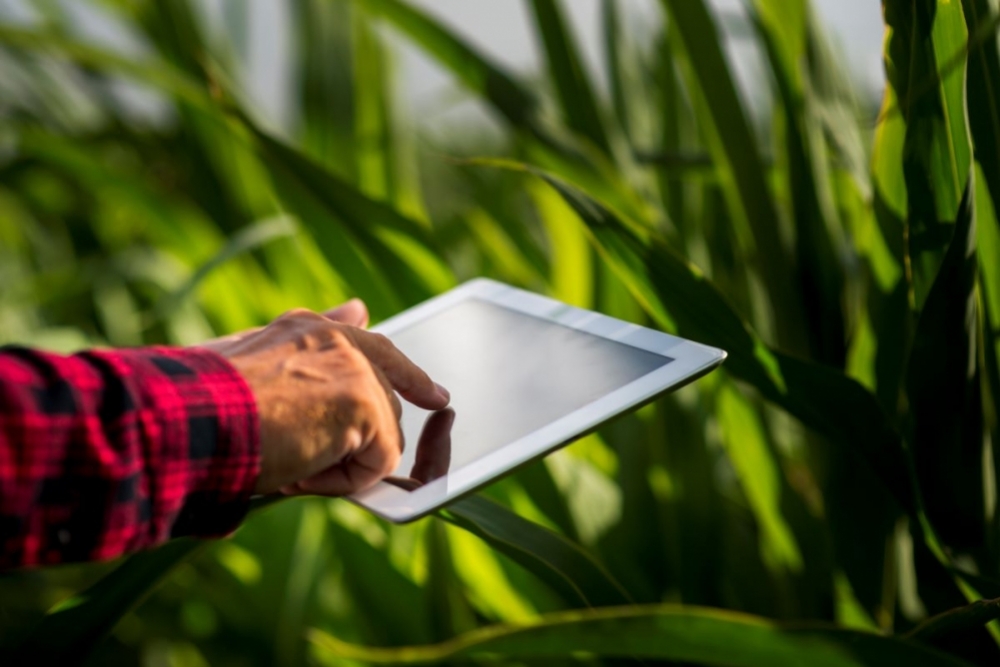
Agrosmart, a startup based in São Paulo state, presented its portfolio of solutions during COP28, the UN Climate Change Conference held in Dubai.

The kit is designed to be used for screening. If the result is negative, it should be repeated a year later. If positive, the individual should see a specialist.
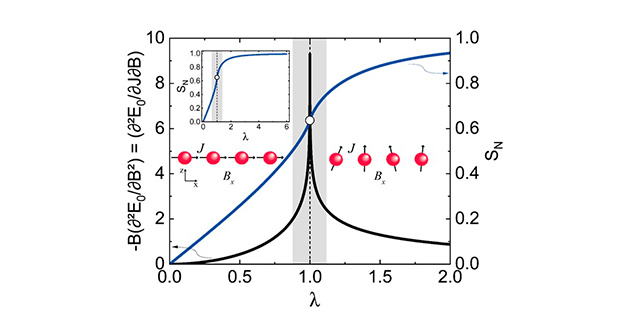
Entanglement is a key concept in quantum physics and a condition for the success of quantum computing.
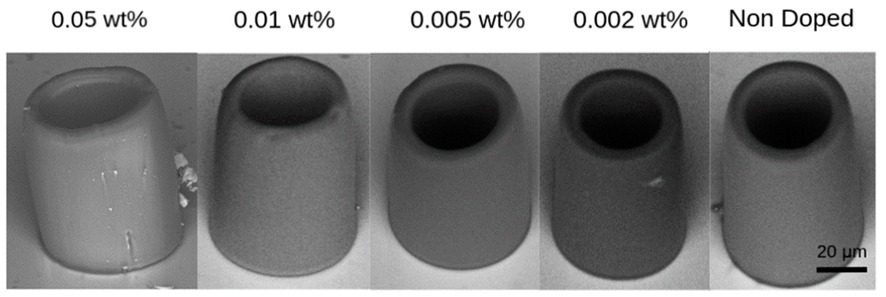
Researchers at the University of São Paulo’s São Carlos Institute of Physics developed the technique, which can be used in information processing and cell marking, among many other applications.

This research carried out at the State University of Campinas focused on the use of nanometric optomechanical cavities as bridges between superconducting circuits and optical fibers, with applications in computing and quantum communications.
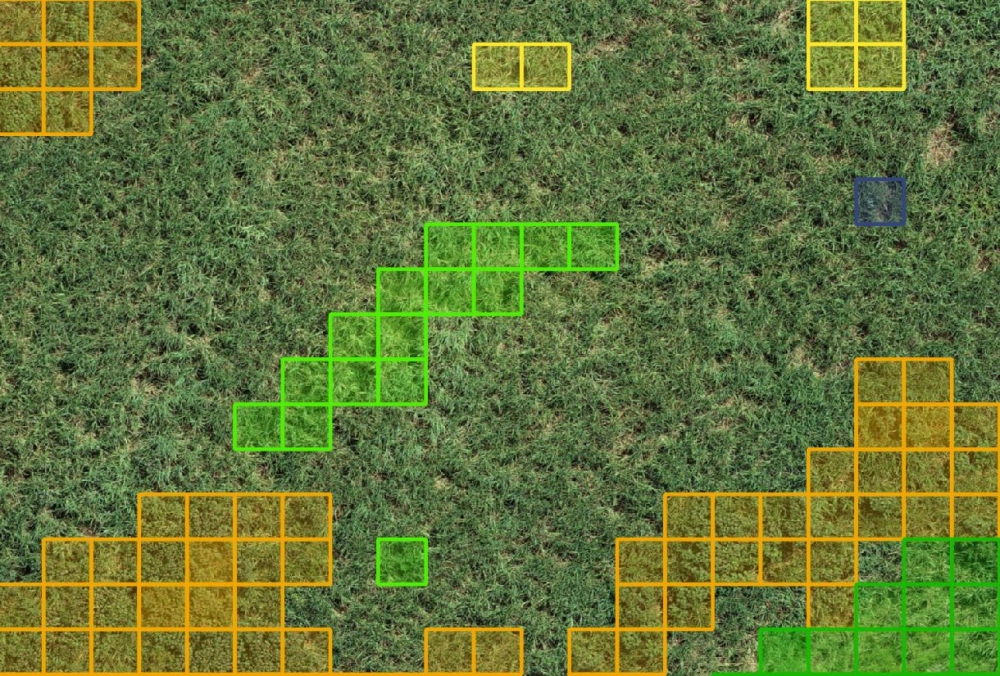
A Brazilian startup’s AI algorithms detect infestations, classify weeds and produce localized spraying files.
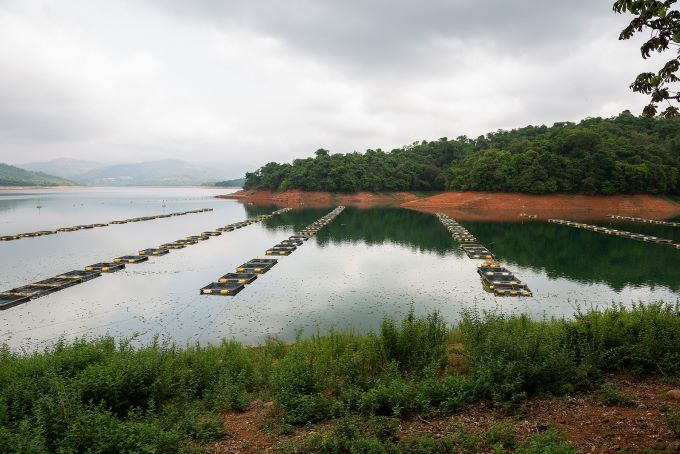
Hosted by the Brazilian Agricultural Research Corporation (EMBRAPA), the new center will establish Agricultural Technology Districts in which to conduct research, development and innovation activities in emerging technologies. The initiative has the potential to reach 14,000 small and medium rural properties.

Technology developed by a startup supported by FAPESP has been used to improve the performance of athletes like soccer goalkeeper Ederson, who plays for Manchester City and Brazil’s national side, and to reduce the number of accidents caused by human error in the petrochemical and meatpacking industries.
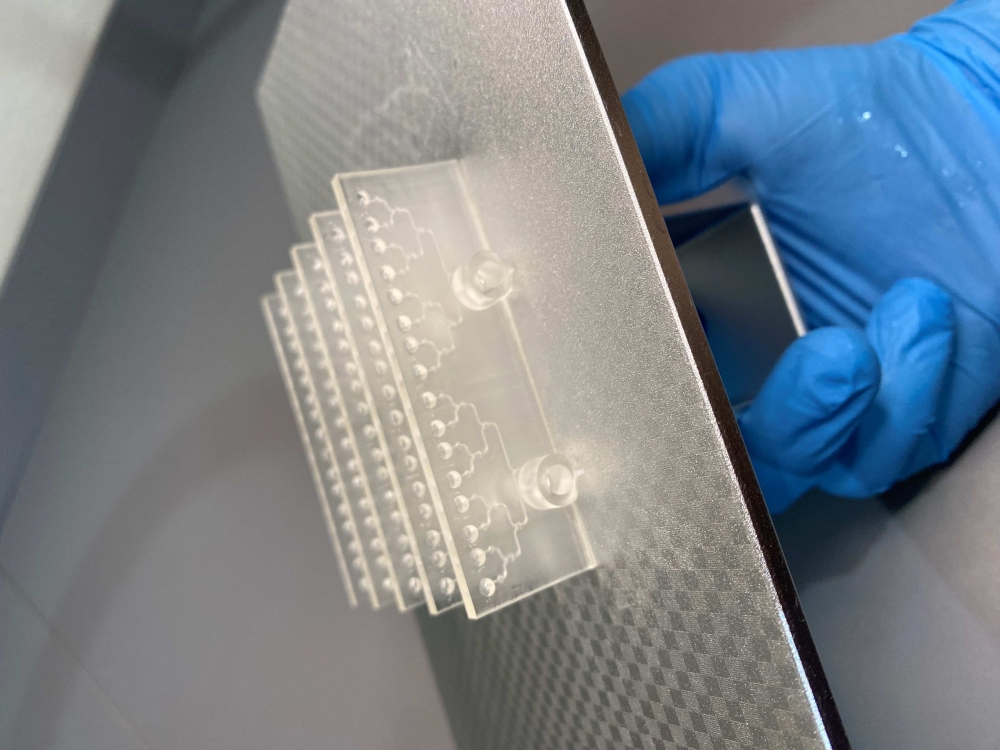
A technological solution developed by a Brazilian startup with FAPESP’s support detects microorganisms that cause disease in eucalyptus, soybeans and other agricultural plants. They can be detected in grains, leaves and the air.
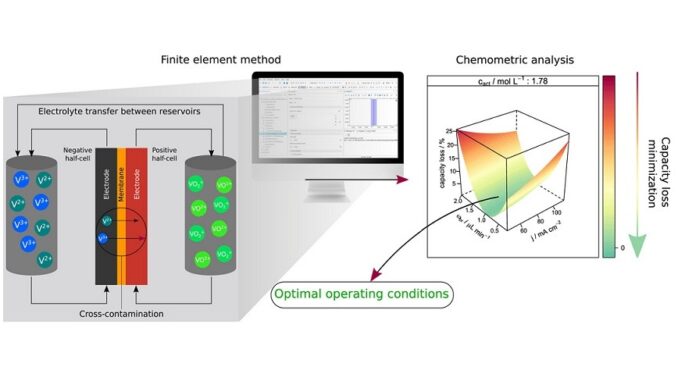
A computational study conducted by the Center for Development of Functional Materials at the Federal University of São Carlos (UFSCar) in Brazil could help extend the working lives of these batteries, which are widely used by utilities and manufacturers.
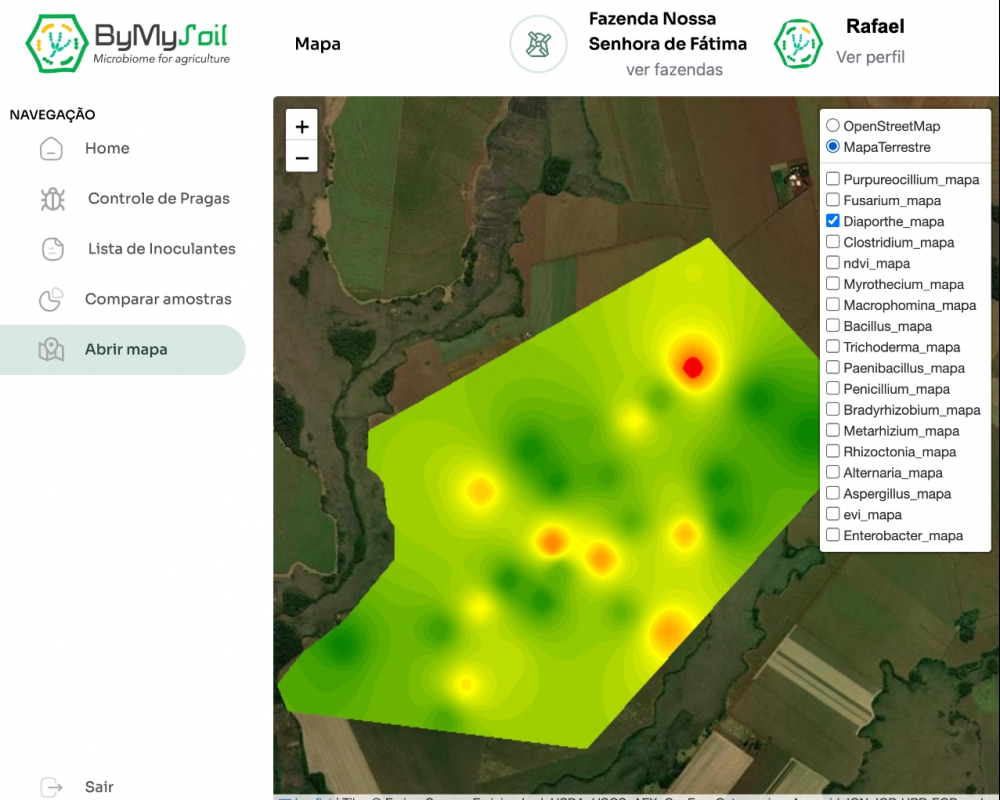
Technology developed by the startup ByMyCell with the support of FAPESP helps farmers make decisions that boost yields and reduce the use of agrochemicals.

High-precision maneuvering support system with integrated hardware and software developed by a startup supported by FAPESP transmits dynamic information in real-time via a smart platform.

The calls offer opportunities for accelerators and agencies that provide services for startups under the aegis of Tecnova III, a program run by the Brazilian Innovation Agency which in São Paulo is operationalized in partnership with FAPESP.
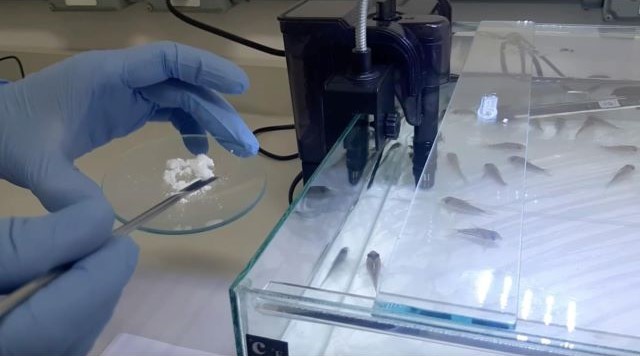
In addition to helping combat antimicrobial resistance, the bioparticle developed at the Federal University of São Paulo avoids the waste and pollution created by excessive amounts of drugs in water bodies. The strategy was tested on an ornamental fish species native to the Amazon and found to be safe.
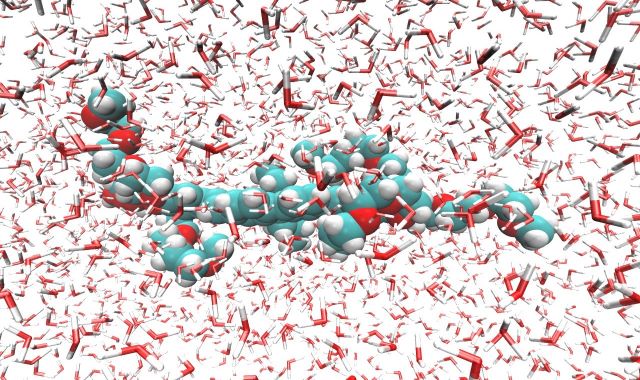
An alternative method proposed by a Brazilian physicist cuts the time for computer simulation of the absorption spectrum from two days to a few hours.